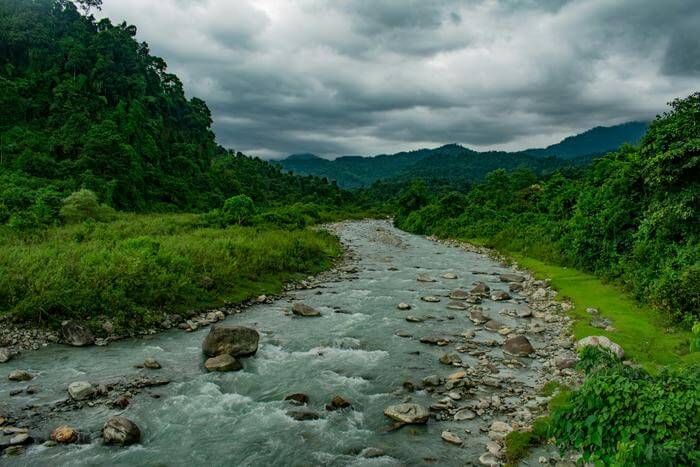ADELAIDE, Australia — Climate change and terrorism are two major global concerns, but the two topics are rarely discussed in the same breath. Now, however, researchers from the University of Adelaide surprisingly report that the ever-worsening issue of extreme weather patterns attributable to climate change is now influencing shifts in where terrorist activity takes place.
Put together by Dr. Jared Dmello, from the University of Adelaide’s School of Social Sciences, this exploratory study concludes that certain weather variables have affected where terrorists strike, particularly in India.
“Suitability analyses indicate that all the climatological variables tested – temperature, precipitation, and elevation – relate to shifting patterns of terrorist activity,” says Dr. Dmello in a media release. “Urban centers have increasingly grown in population density, particularly in spaces with favorable climates, and some of the more remote areas once used by extremists have experienced such increasingly dynamic climates that they are no longer fit for human habitation, forcing these groups to migrate elsewhere.”
Researchers stress it was not solely the intensity of these climatological variables that motivated terrorists to move to new locales. They explain the shifting of terrorist activity was also seasonal.
“This research shows that stopping the damaging effects of climate change is not just an environmental issue but one that is directly tied to national security and defense,” adds Dr. Dmello, who was recently announced as the inaugural recipient of the Early Career Award from the Academy of Criminal Justice Sciences’ Security and Crime Prevention Section.
“In this study, we focus on attack location, but the data also suggests other forms of extremist behavior, such as training location, are likely shifting in response to climate change as well.”

This project focused specifically on terrorist activity in India between 1998 and 2017 — a period in which 9,096 recorded terrorist incidents occurred, according to the Global Terrorism Database.
“Average temperatures in India reached record highs during our 20-year study period,” Dr. Dmello comments. “This time frame represents a broad enough range to demonstrate climate change, while also availing of the most recent reliable data that covers both the climate change and extremism dimensions for the country.”
This very new and evolving understanding of how climate change affects terrorism patterns is vital knowledge for governments all over the world regarding the formation of national security and defense strategies.
“While terrorism and violent extremism manifests differently in Australia, with far lower levels of attacks than India, radicalization is still a salient challenge here and one that the Australian Government has established as a national priority,” says Dr. Dmello. “To effectively mitigate radicalization, other critical issues, such as homelessness, food insecurity, water and energy crises, and enhanced social equity, are essential for ensuring a more secure space for us all.”
Dr. Dmello joined the University of Adelaide at the beginning of 2024 and also recently co-edited a book examining security in the Arctic from a multi-disciplinary lens. Moving forward, he plans to continue his research on terrorism and extremism with an emphasis on the Australian context.
“Some of my recent projects have been trying to understand how emerging issues impact radicalization here in Australia in an effort to find ways to partner with government and law enforcement to prevent engagement with extremist ideologies,” he concludes. “I am also interested in expanding on my research in this area to investigate the role of water and food inequities on radicalization around the world.”
The study is published in the Journal of Applied Security Research.
